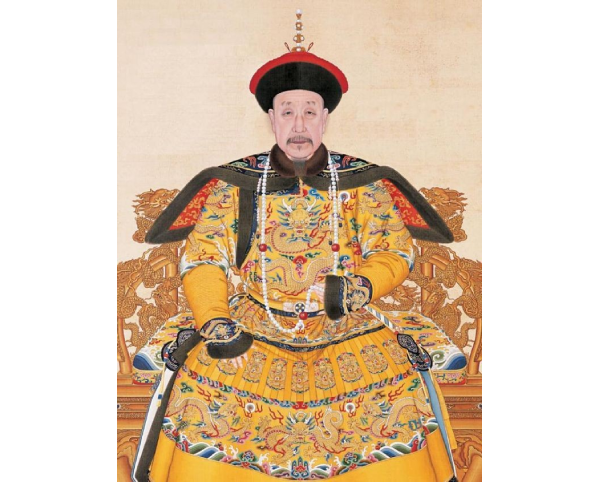Qianlong Emperor: The Ruler Who Quit But Still Commanded

In 1796, after sixty years on the throne, the Qianlong Emperor formally abdicates. At eighty-five years old, he bows to ritual, declaring his son Jiaqing the new ruler of China. Yet the reality is far less straightforward. From the shadows of the Forbidden City, Qianlong continues to shape decisions, his hand still firmly on the rudder of empire.
When I am led through lacquered gates into the Hall of Mental Cultivation, the atmosphere is hushed and heavy. There he sits, clad in pale silk, his bearing regal, his gaze sharp. Officially retired, he radiates authority. The act of stepping down is a performance; command remains his.
He invokes his grandfather Kangxi, who reigned for sixty-one years. Out of reverence, Qianlong refuses to surpass him. He abdicates at sixty, not from weakness but from calculation. To his mind, ritual serves the dynasty, but power must never loosen its grip.
As he reflects, he describes legacy as a river carrying both clear waters and hidden mud. He recalls the pride of conquest, standing triumphant in Xinjiang, banners unfurled. Yet regret lingers in his words. Lives were lost for borders and glory. “Perhaps,” he admits, “the blade bit too often.”
For Qianlong, Xinjiang is not simply a territory. It is a gateway, a Silk Road crossroad, a stage for an empire’s grandeur. He insists war is a necessity, not a choice. Stability, he claims, demands it. “A tree grows tall only if its roots are defended,” he says, his hand curling into a fist.
But the emperor is not only a general. He is also a poet and patron. His tone softens when he turns to books and art. Tens of thousands of verses bear his name, enough to fill whole libraries. Critics may question their elegance, but for him, quantity is its own monument. His brush, he believes, is as enduring as the spear.
He speaks with pride of the Siku Quanshu, the vast compilation of China’s intellectual heritage. It is a project only an emperor could command — tens of thousands of volumes collected, copied, and preserved. Yet alongside preservation comes destruction. He defends the censorship and burning of works deemed dangerous, pruning knowledge as a gardener cuts diseased branches. In fire, he insists, harmony is secured.
When the British envoy Lord Macartney arrives in 1793 with clocks, globes, and telescopes, Qianlong dismisses them as toys. The Middle Kingdom, he insists, already holds all under Heaven. Tribute is accepted; bargaining is not. The foreign emissary departs empty-handed, while the emperor remains unmoved, certain that China’s stability requires no help from abroad.
And yet, behind the unyielding certainty, glimpses of humanity emerge. He speaks of the Empress Xiaoxian, whose death left him grieving in verse. He admits the paradox of being Son of Heaven — both divine symbol and flesh-and-blood man weighed down by doubt. His abdication, he explains, honours both time and lineage, a ritual of humility as much as reverence.
When he finally rises, silks trailing, he seems both weary and magnificent. Qianlong desires remembrance as conqueror, poet, and sage. But his legacy is one of contradictions: a preserver who burned, a patron who censored, a ruler who stepped aside yet never let go.
For more Conversations with historical figures, check out my new book Conversations with Remarkable Women at Amazon.
